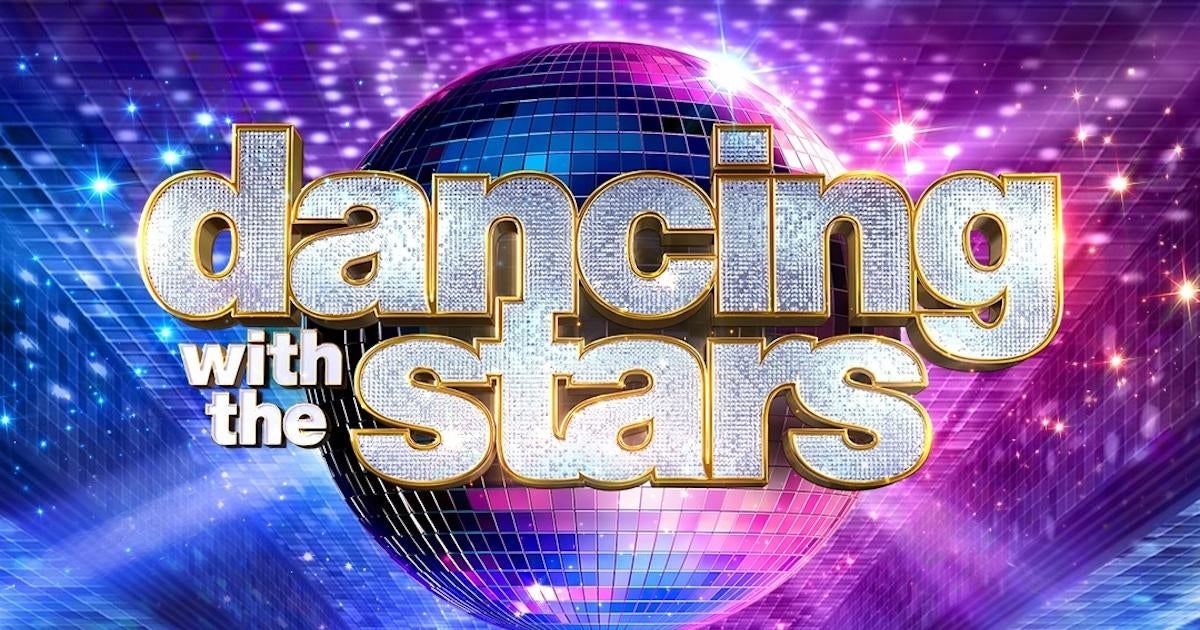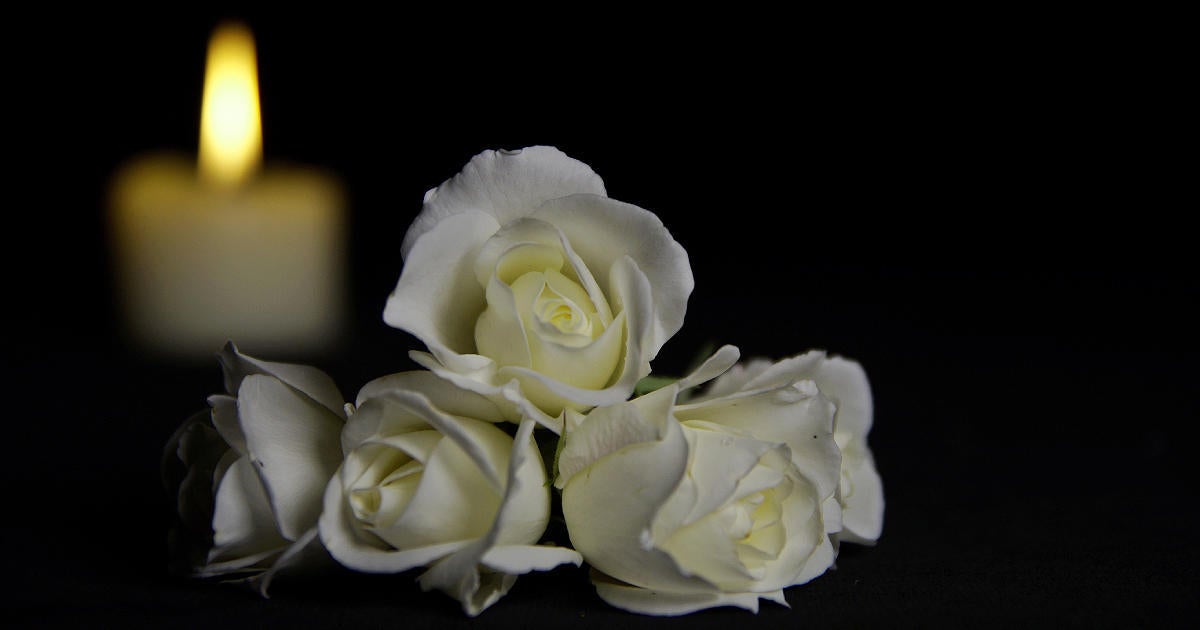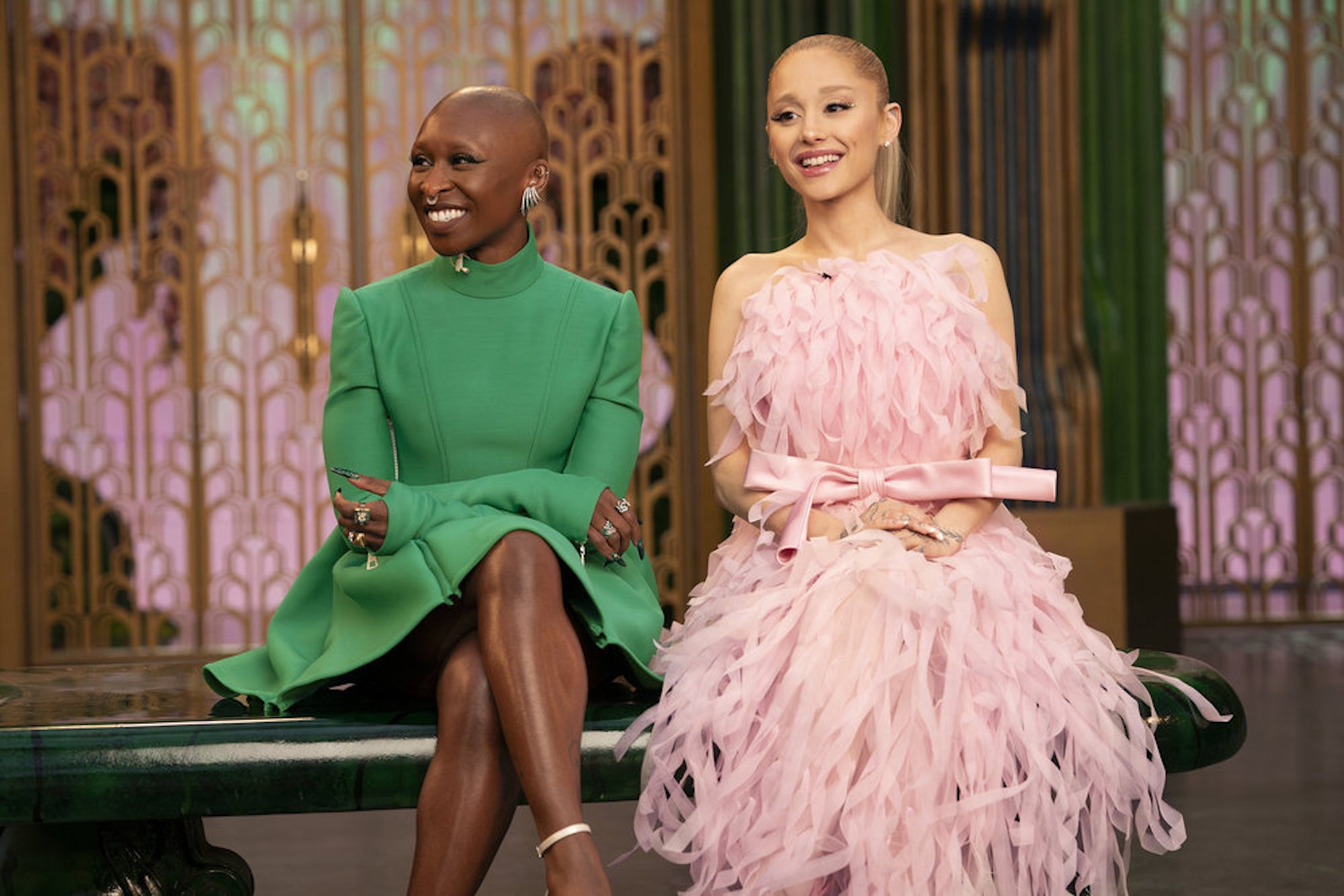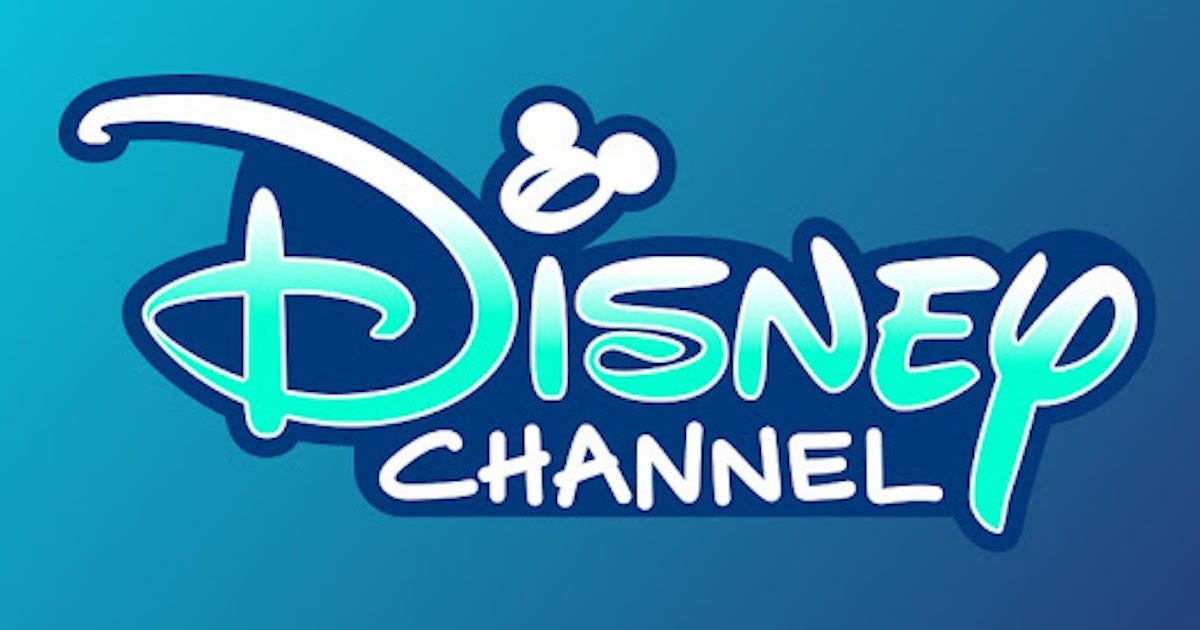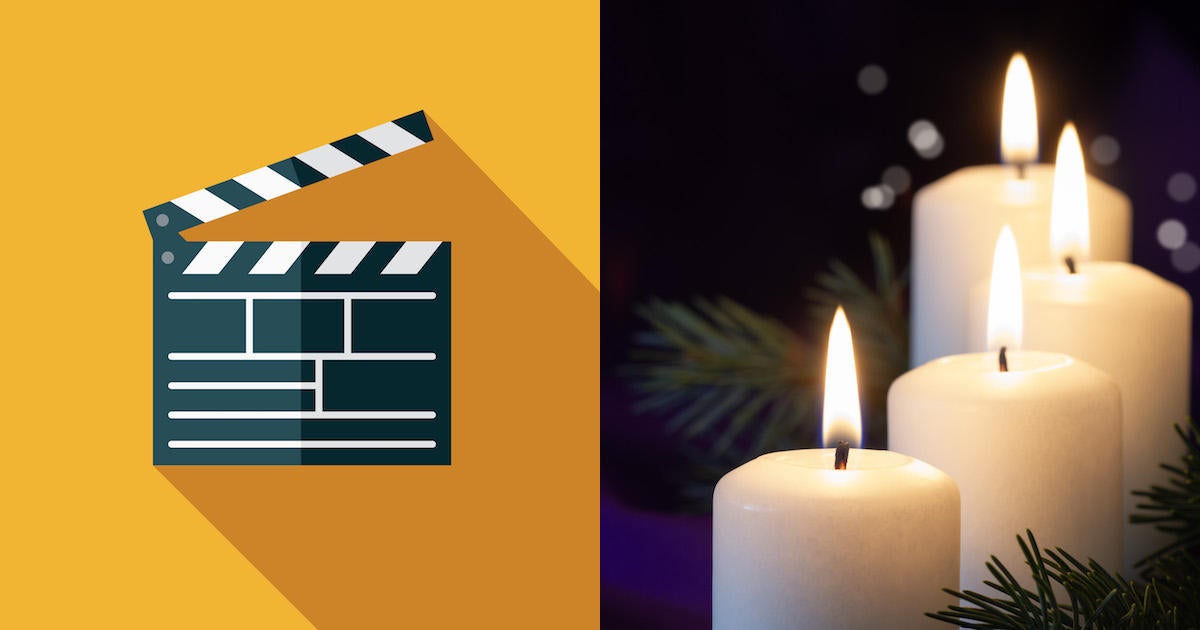What Harry & Meghan Revealed About Meghan’s Experience With Racism in the U.K.
Ever since Prince Harry and Meghan Markle’s earth-shattering interview with Oprah Winfrey in March 2021—during which the couple revealed that racism behind Palace doors was partly to blame for their exit from royal life—people around the world have desperately sought to learn what, exactly, was said. (And by whom.) But part one of Harry & Meghan, the new Netflix docuseries produced through the duo’s Archewell Productions, points a finger less at any specific royal than at the British media writ large. And both the Duke and Duchess of Sussex admit to their own naiveties.
In the second episode of the series, Meghan discusses her childhood in California, and how she was rarely perceived as a Black woman due to her light-toned skin. “It’s very different to be a minority but not be treated as a minority right off the bat,” she says. “Obviously now, people are very aware of my race because they made it such an issue when I went to the U.K. But, before that, most people didn’t treat me like a ‘Black woman.’”
Her mother, Doria Ragland, is also interviewed in the series. She reveals that she told Meghan their race would become an issue as the media started to harass her daughter: “I said to her—I remember this very clearly—that this is about race. And Meg said, ‘Mommy, I don’t wanna hear that.’ I said, ‘Well, you may not wanna hear it, but this is what’s coming down the pike.’”
Meghan adds, “At that time I wasn’t thinking about how race played a part in any of this. I genuinely didn’t think about it.”
Following news of the couple’s romance leaking to the tabloids, racist headlines popped up amongst multiple well-established British publications. The Daily Mail’s “Harry’s girl is (almost) straight outta Compton” is one of the most well-known (and derided) headlines from that time, but other examples abound, including The Daily Star writing, “Prince Harry could marry into gangster royalty—his new love is from a crime-ridden Los Angeles neighborhood.” Never mind that Ragland actually lived in Windsor Hills.
Says Ragland in Harry & Meghan, “[The press] would take pictures of different parts of, say, Skid Row, and say that was where I lived or where she was from.”
Meghan adds, “It was horrible. But I continued to hold the line, like, ‘Say nothing.’”
Prince Harry broke traditional royal protocol by releasing a statement shortly thereafter, during which he condemned the “racial undertones” of the press coverage, as well as the “outright sexism and racism of social media trolls.” According to journalist Tina Brown’s book The Palace Papers, Harry’s brother, Prince William, soon released his own condemnatory statement, but several weeks later, and “reportedly to quiet rumors of his dissent.”
Such a possibility speaks to what Harry describes as the royal family’s “unconscious bias.” In the docuseries, he puts it like this: “What people need to understand is, as far as a lot of the [royal] family were concerned, everything that [Meghan] was being put through, they’d been put through as well. So it was almost like a rite of passage. Some of the members of the family were like, ‘Right, but my wife had to go through that. So why should your girlfriend be treated any differently? Why should you get special treatment? Why should she be protected?” And I said, ‘The difference here is the race element.’”
He later added, “In this family, sometimes, you know, you’re part of the problem, or part of the solution. And there is a huge level of unconscious bias. The thing with unconscious bias is it’s actually no one’s fault. But once it’s been pointed out or identified within yourself, you then need to make it right. It’s education. It’s awareness. And it’s a constant work in progress for everybody, including me, you know.”
As Meghan put it to Oprah last year, “Rude and racist are not the same.”
Lauren Puckett-Pope is an associate editor at ELLE, where she covers film, television, literature and fashion.
Erica Gonzales is the Senior Culture Editor at ELLE.com, where she oversees coverage on TV, movies, music, books, and more. She was previously an editor at HarpersBAZAAR.com. There is a 75 percent chance she’s listening to Lorde right now.

